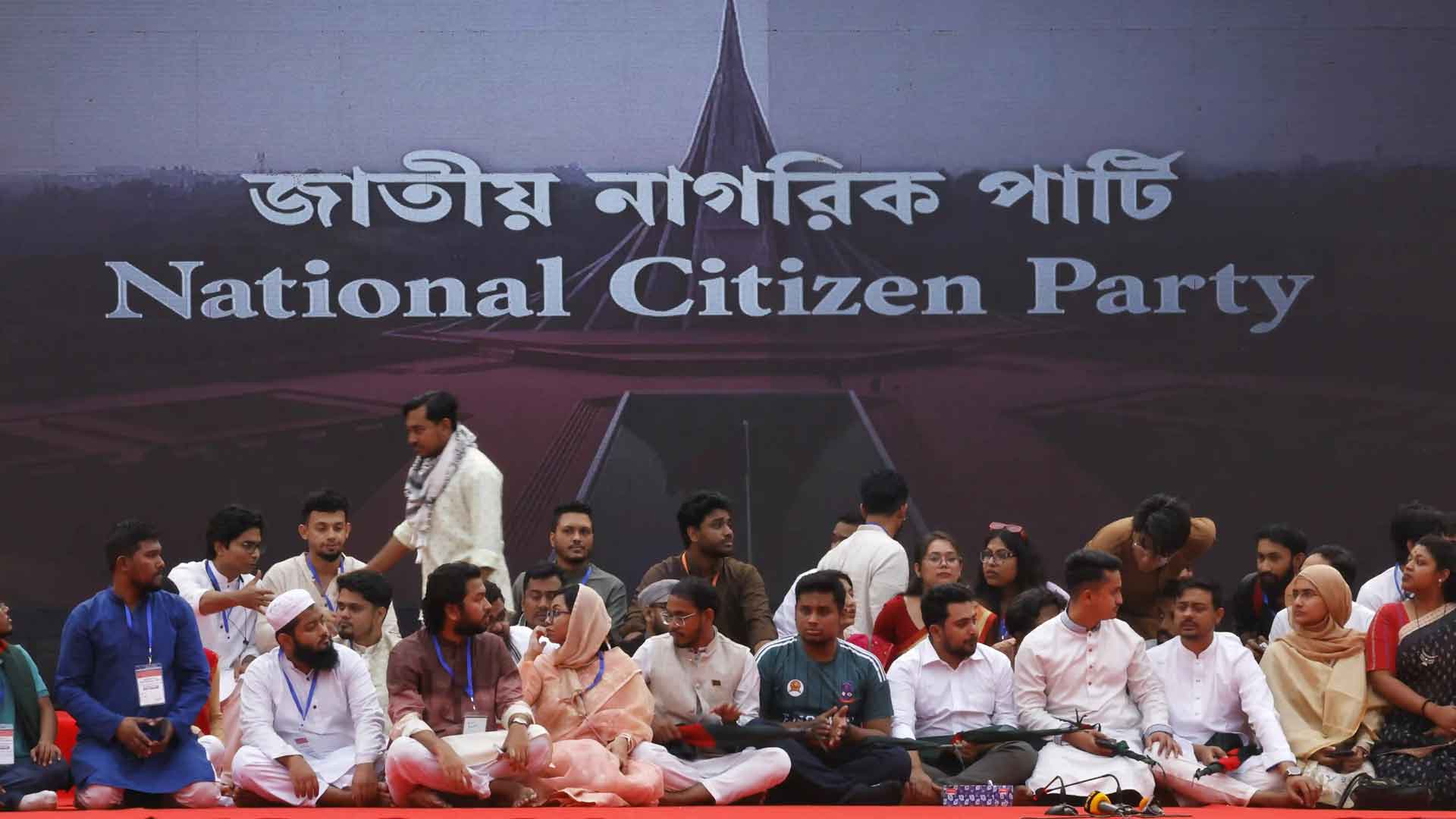National Citizen Party (NCP) is a newly formed political party of Bangladesh which was launched on February 28, 2025. Fresh off three decades of dust and clamour from the people-led protests which helped to overthrow the rule of former Prime Minister Sheikh Hasina from power in August 2024, the NCP aims to inject new meaning in the political landscape of Bangladesh.
Origins and Formation
Such passage of the NCP reflects profound history of activism by organisations like Students Against Discrimination, Jatiya Nagorik Committee, etc. They played a key role in the mass uprisings in 2024 that called for democratic reforms and social justice. The collective efforts led to the emergence of the NCP, which became the first student-led political party in Bangladesh’s history.
Leadership and Key Figures
Nahid Islam, the party convener, is now the leader of the NCP. Islam had served as an adviser in the interim government led by the Nobel Prize-winning economist Muhammad Yunus but had resigned to focus on the work of the now-defunct NCP.
A well-known face among the members of the party is Akhter Hossain, who previously served as the Social Services Secretary of the Dhaka University Central Students’ Union (DUCSU) and took part in the 2018 quota reform movement.
Furthermore, Nasiruddin Patwari is the Chief Coordinator of the NCP, having previously served as a prominent political figure during the 2024 uprisings.
Goals and Objectives
NCP claims to be a centrist and pluralist party with a well-defined agenda:
Destroy Constitution: electoral reform and not authoritarian constitution. This was termed an effort to create a “second republic” based on equality and justice.
Club Oriented: Rooted in its establishment, the NCP places great emphasis on youth politics.
Future Directions and Implications
With the NCP about to enter the next general elections, it is positioning itself as a suitable substitute for the conventional parties that have by and large dominated the political landscape of Bangladesh. But the road ahead is lined with obstacles:
Political Instability: The country is still struggling with unrest after the removal of Sheikh Hasina. The interim government’s failure to restore public order leaves many observers wondering if free and fair elections could possibly be held anytime soon.
Credibility Building: Being a new party, NCP would need to put additional effort in building the confidence of the voters, differentiating the party from traditional ones and preventing it deepen into the nature of one of many others promising to change seeking to govern.
Without these conditions, the NCP is hesitant to forge alliances, especially with certain parties, such as the BNP and maybe even Jamaat-e-Islami.
An innovative aspect of NP is to have a young leadership aspire to introduce wide-ranging reforms akin to a civil society, led by politicians. Whether or not they succeed will largely be experimental on how they navigate the convoluted one, address the nations pressing issues, and appeal to the wider electorate

